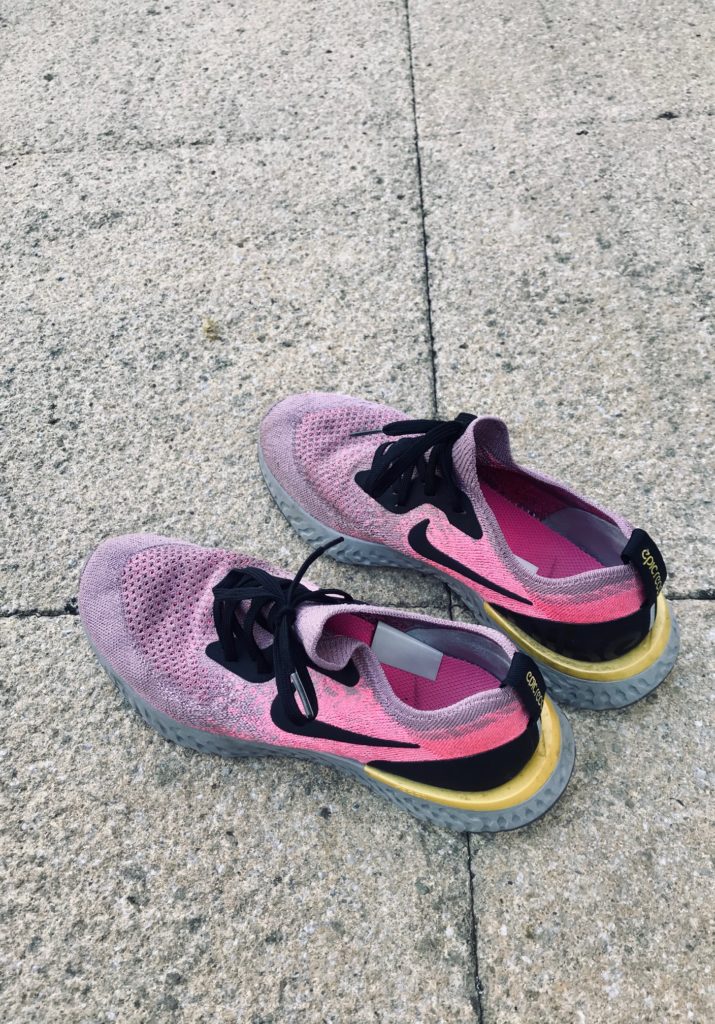A common problem for cyclists, mountain bikers and runners is Iliotibial band (ITB) syndrome. Symptoms of ITB syndrome can include;
- Pain at or around the lateral epicondyle of the femur (on the outside of the knee)
- Pain at or around the lateral (side) of the hip/upper leg
- Tightness in the iliotibial band (the outside of the leg).
- Pain is normally aggravated by running, particularly downhill and cycling
- Pain during flexion or extension of the knee, made worse by pressing in at the side of the knee over the sore part
- Weakness in hip abduction (lifting leg out to the side)
- Tender trigger points in the gluteal (buttock) area may also be present.
What causes ITB syndrome?
Certain factors may make you more susceptible to developing ITB syndrome;
- A naturally tight or wide ITB
- Weak hip muscles such as gluteus medius
- Trigger points within the ITB and gluteal muscles
- Overpronation
- Overuse
- Excessive hill running or cycling
- Running on a cambered surface
- Leg length difference.
Most of these factors can be addressed through changes to your training programme, the use of insoles or heel pads and a thorough rehabilitation programme.
Iliotibial band friction syndrome may require long-term Iliotibial band stretches and gluteal training to prevent issues reoccurring.
Disclaimer – this is a general exercise only. If you have pain that is made worse with this exercise then you should cease and should seek advice from a medical professional.






